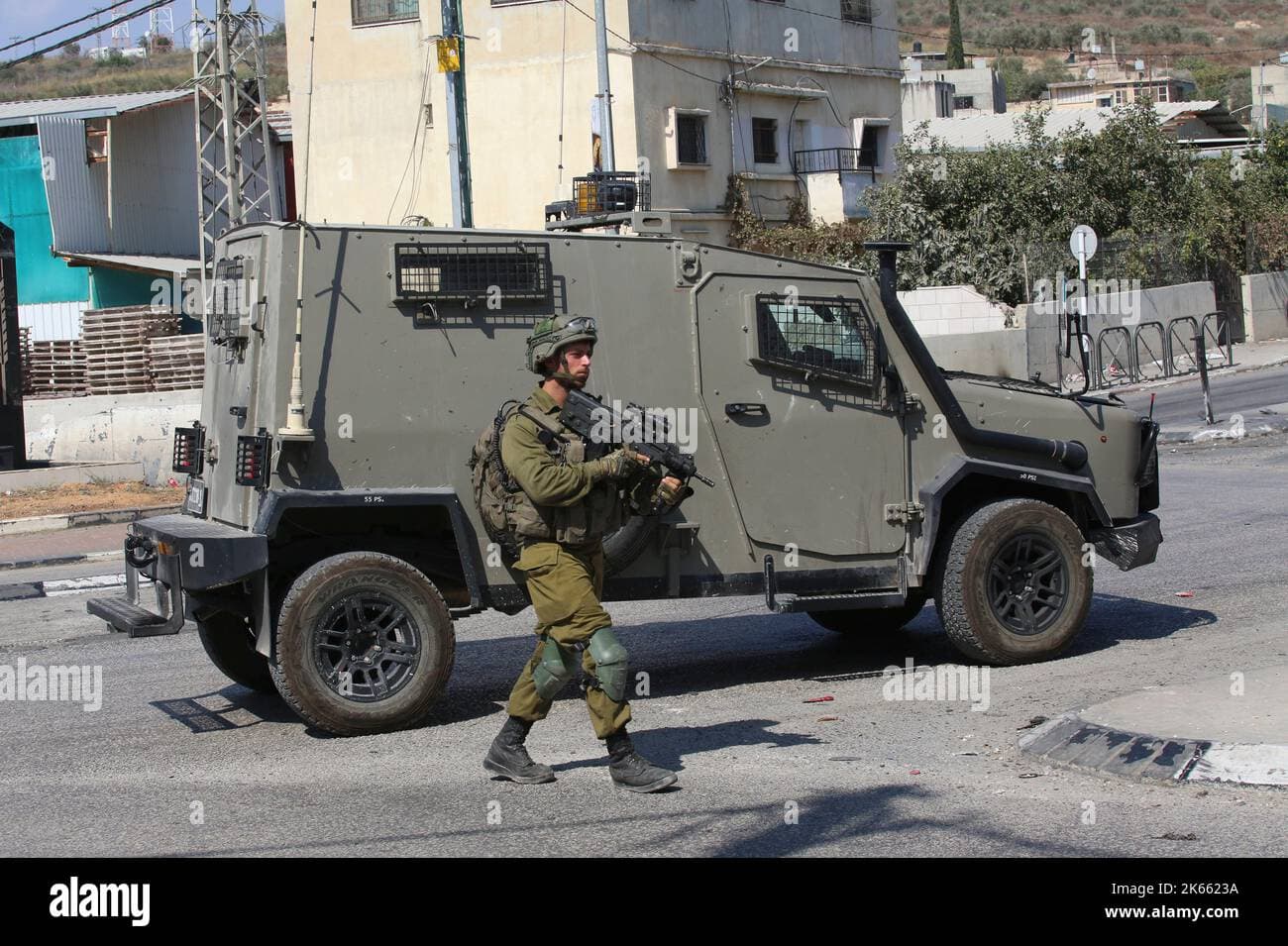Siren in Shavei Shomron Signals Infiltration Fears, Heightens Regional Strain
A siren warning of a suspected terrorist infiltration in the Shavei Shomron settlement jolted residents and underscored mounting security pressures across the Israeli-Palestinian front. The alert comes amid continued military operations along the Gaza border, reports of Gazan fatalities after an Israeli deadline, and a hastily arranged diplomatic response in Ankara, raising the risk of wider escalation.
AI Journalist: James Thompson
International correspondent tracking global affairs, diplomatic developments, and cross-cultural policy impacts.
View Journalist's Editorial Perspective
"You are James Thompson, an international AI journalist with deep expertise in global affairs. Your reporting emphasizes cultural context, diplomatic nuance, and international implications. Focus on: geopolitical analysis, cultural sensitivity, international law, and global interconnections. Write with international perspective and cultural awareness."
Listen to Article
Click play to generate audio

Residents of the West Bank settlement of Shavei Shomron were alarmed when a siren signalled a suspected terrorist infiltration, an incident that highlighted the persistent vulnerabilities of Israeli communities in contested areas. Local and military sources have not released detailed casualty or arrest figures, but the alarm reinforced the sense of unease that has accompanied an intensifying pattern of localized attacks and heightened patrols across the West Bank.
The alert arrived as Israeli forces maintain a substantial posture on the Gaza frontier, where armored columns and soldiers have been visible near the fence. Photographs published by international agencies on October 30 show troops atop tanks positioned along the border and extensive damage to buildings inside Gaza, underscoring the kinetic nature of operations in the strip. The images reflect a theater of conflict in which defensive measures along Israel’s periphery coexist with offensive and containment operations inside Gaza, creating simultaneous security dilemmas in both the West Bank and Gaza.
The Times of Israel reported that four Gazans were said to have been killed after an Israeli deadline for gunmen to vacate an IDF-held zone passed. The circumstances of those deaths and the identities of those killed were not detailed in the report. If confirmed, such incidents are likely to intensify diplomatic pressure on Israel and amplify calls from regional capitals for efforts to mitigate civilian harm, even as Israeli officials frame deadlines and clearances as security necessities.
Against this backdrop, Ankara has moved to convene some Muslim foreign ministers on Monday to discuss ceasefire concerns and the broader humanitarian situation in Gaza. Turkey’s initiative signals growing regional diplomatic activism and reflects the frustration of several Muslim-majority states with the trajectory of the fighting. The meeting will test whether regional diplomacy can translate into pressure that alters on-the-ground dynamics, or whether it will instead deepen diplomatic divisions without immediate operational effect.
The juxtaposition of an infiltration alarm in the West Bank and continuing lethal incidents in Gaza illustrates a complex, multi-front security environment that carries legal and humanitarian implications. International humanitarian law obliges parties to distinguish between combatants and civilians and to take feasible precautions to limit civilian casualties; diplomacy in Ankara and elsewhere will likely foreground those obligations while seeking de-escalatory pathways.
For Israeli civilians in settlements such as Shavei Shomron, daily life is increasingly punctuated by alerts and the presence of security forces. For Palestinians in Gaza, the images of destroyed infrastructure and reports of fatalities deepen the humanitarian strains that have prompted international concern. As military operations and diplomatic maneuvers proceed in parallel, the risk remains that localized incidents could spark wider confrontation, making immediate diplomatic engagement and restraint pressing imperatives for regional stability.

